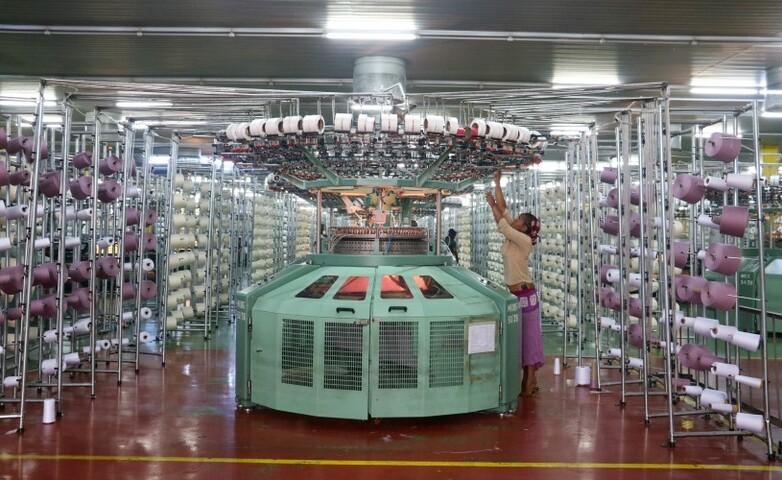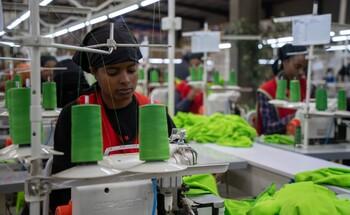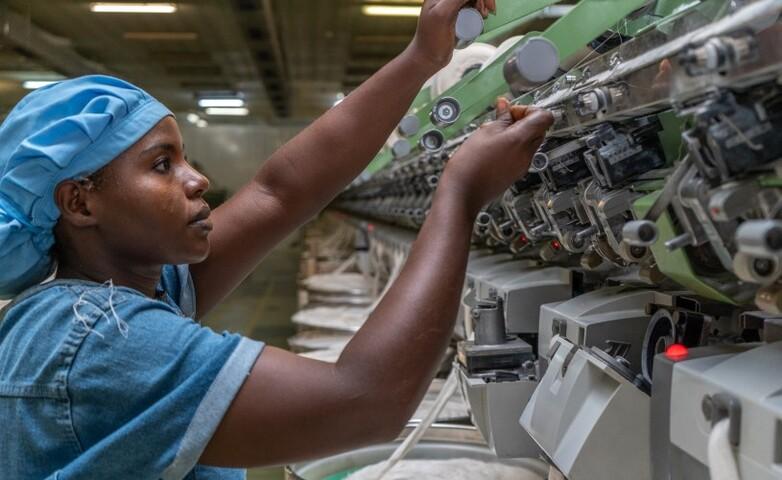Context
Ethiopia’s textile and garment industry has been a significant export and employment driver in the country’s manufacturing economy. However, this industry has been plagued by supply chain disruptions, a fragile security situation and high production costs. The suspension of the African Growth and Opportunity Act (AGOA), which provided preferential access to the United States’ market, has significantly reduced exports, highlighting the need for market diversification.
Social and environmental issues, including low wages, gender-based violence, and inadequate waste management, also affect competitiveness in the European Union (EU) market. Addressing these challenges is essential for the industry’s resilience.



